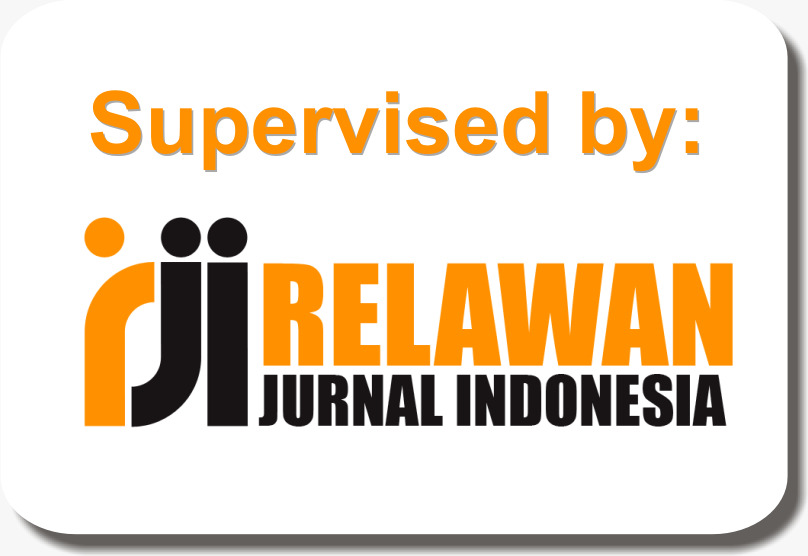PRINCIPLES OF ISLAMIC PERSONALITY IN THE RELIGIOUS JUSTICE SYSTEM IN INDONESIA
DOI:
https://doi.org/10.52249/ilr.v3i1.110Keywords:
Islam , Principles of Personality , Religious JusticeAbstract
The 1945 Constitution, is to put people in the same position before the law including before the judiciary. In The Law of the Republic of Indonesia Number 50 of 2009 concerning the Second Amendment to the Law of the Republic of Indonesia Number 7 of 1989 concerning Religious Justice contained the principle of Islamic personality, people who litigate in religious courts must be Muslims. This study aims to analyze legal conflicts, especially a person's religiousness for litigants in religious courts. This normative research (library research) is sourced from primary, secondary and tertiary legal materials with philosophical, statute, and conceptual approaches and uses qualitative descriptive analysis. This research found that in the religious courts in prosecuting, it seems that they must pay attention to the status of religion, people who are litigants must be Muslims. However, at the level of principles drawn from the laws governing the litigation system in religious courts, it turns out that non-Muslims can also litigate and in adjudicating are based on legal acts or legal events that occur when a person is Muslim, because it is considered fairer, in accordance with the orderly law and human rights.
Downloads
Published
How to Cite
Issue
Section
License
IBLAM Law Review by https://ejurnal.iblam.ac.id/IRL/index.php/ILR/index is licensed under Attribution-ShareAlike 4.0 International




